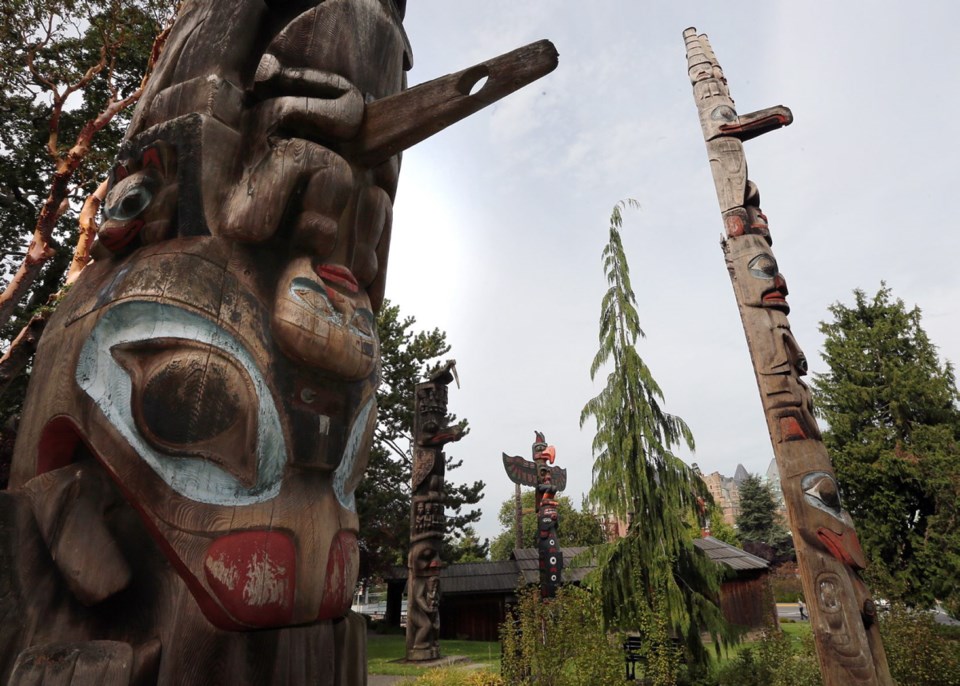B.C.’s First Nations are calling a new revenue-sharing agreement a major step toward establishing trust with the provincial government and toward taking more control over their communities.
The agreement, which will see the province share $3 billion in gaming revenue over the next 25 years — $250,000 to $2 million for each community each year — will give First Nations more say in where investment is made in their communities.
“The relationship [with government] has changed, no doubt,” said Grand Chief Joe Hall, former chairman of the B.C. First Nations Gaming Commission. “In the past, [government] never had the appetite to do this. For this government to actually start the process … was excellent.”
Hall said it marks a significant step toward reconciliation.
“I absolutely believe to get reconciliation negotiations happening, there has to be a level of trust, and we spun our wheels with the previous government for many years,” he said. “When you lose that trust level, it’s very difficult to bring up any topics. [Trust] wasn’t there.”
Hall said apart from what the money will mean for First Nations around the province, it “bodes well for future topics and negotiations” with the government.
“We are very happy that this government was able to come to a conclusion and address the gaming questions we have had for many years — going on two decades,” he said.
The deal will allow First Nations to determine their own priorities for the funding.
The money can be used for a broad spectrum of things, including health and wellness, housing, infrastructure, training, environmental protection, economic development and governance. It means they can respond to crises in their communities or have the flexibility to take advantage of economic opportunities.
It also means they have a steady income they can rely on and plan for.
“It is enough to make a difference. This funding will have an impact and it’s kind of a starting point in dealing with phase two,” Hall said, noting they want to discuss gaming on reserve land. “It’s a good start.”
“This agreement will change lives for the better in every corner of the province,” said Premier John Horgan in a statement.
“It means consistent, predictable and sustainable funding to support critical things every government needs, like improving infrastructure, implementing long-term planning, and pursuing development opportunities to address the economic, social and cultural needs of Indigenous peoples on the lands that have belonged to them since time began.”
The deal is also a step toward reconciliation, Finance Minister Carole James noted, as it ensures the resources of the province are shared in a way that advances self-government and self-determination.
The First Nations Gaming Commission will create a limited partnership to manage the funding. It will be overseen by a First Nations-appointed board of directors.
Last year, the province netted $1.4 billion in gaming revenue.
All B.C. First Nations will receive base funding, with additional money given out based on population and remote geography.



